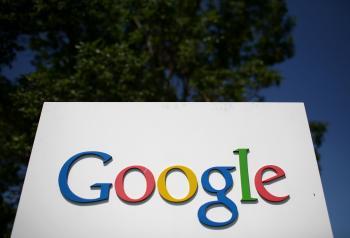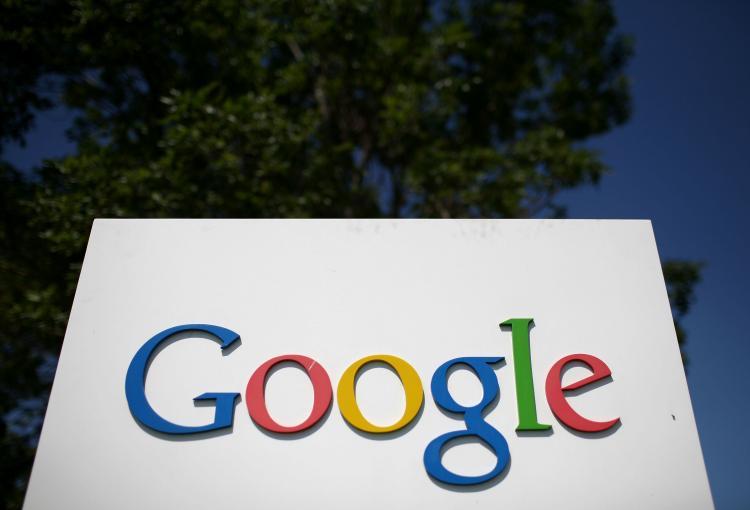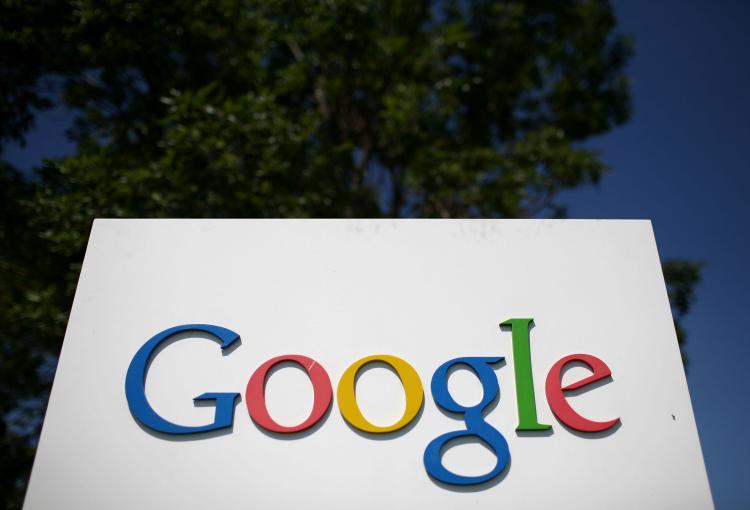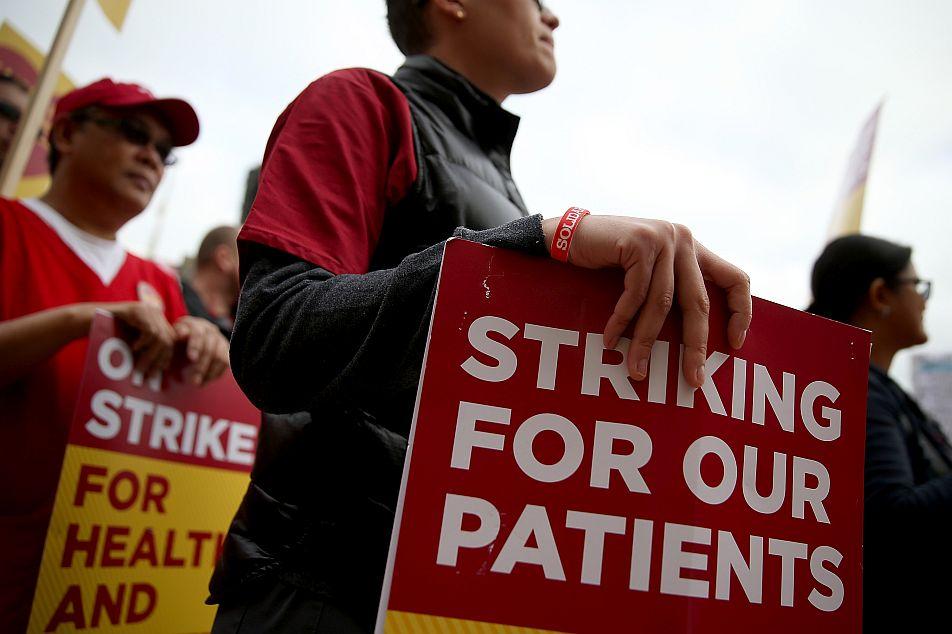Corporate Reputation and the Bottom Line
Internet heavyweight Google Inc. earned the distinction of being the most respected company in America.

A sign is displayed outside of the Google headquarters in Mountain View, California. Justin Sullivan/Getty Images
|Updated:





